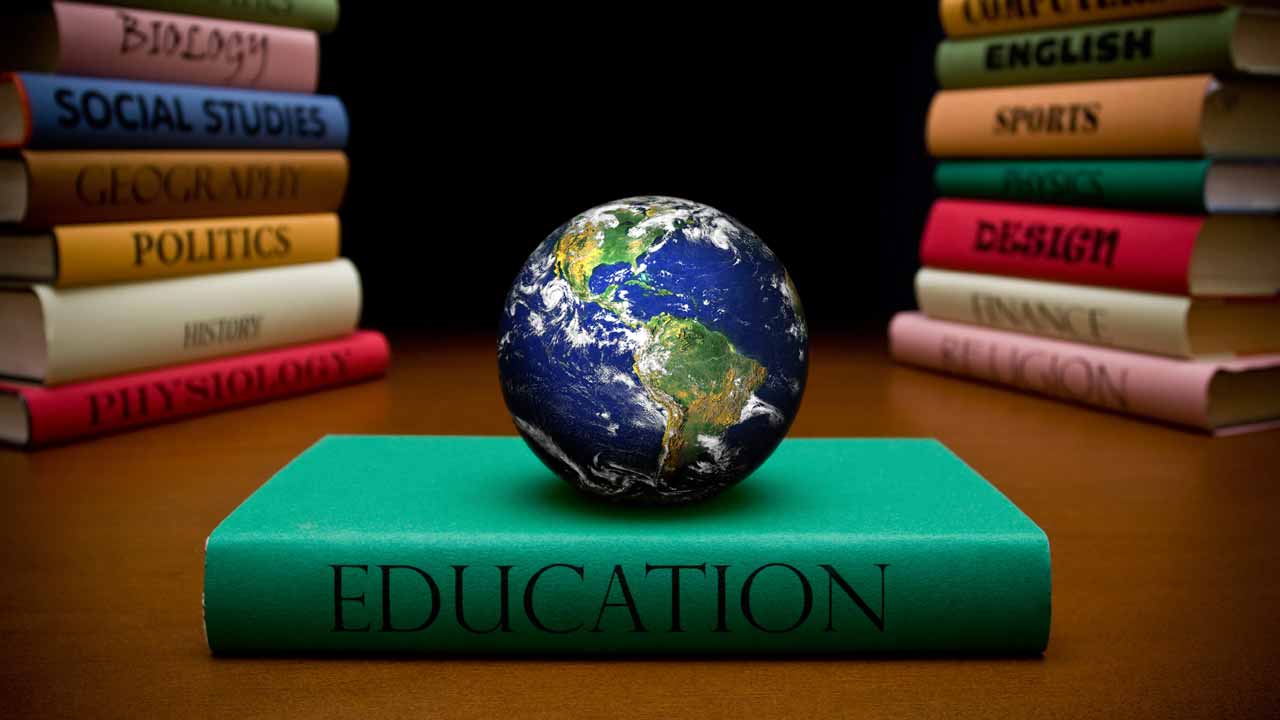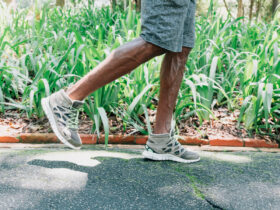That the world is in a terrible state is a statement that requires no proof; it is a stark reality. Many places that are not yet in flames are sitting on a keg of gun-powder with divisive rhetoric and verbal violence gaining ascension. Human beings appear to have degenerated considerably and have failed miserably in making the world a better place for themselves as a whole. Today, it is even an insult to the animals to use the word to refer to some people because they are more brutal and bestial than the beasts.
Unlike what used to be the case in the 19th and 20th centuries, wars are becoming increasingly interminable. Before now, violent conflicts had commencement and conclusion dates with ultimatums honoured, truces made, armistices declared, treaties signed, protocols agreed upon and declarations respected. However, the situation appears to be different as we live in a world of wars without end. The sheer love of power has shredded away the humanity in many of us who say we are humans.
A survey published by the International Institute for Strategic Studies earlier in May, this year, put the perplexity in perspective. The report indicated that 60% of armed conflicts in the world have been active for at least a decade and peace-making prospects are declining globally. In other words, peace and the common good are not a priority of world leaders and politicians. All what most world leaders care about is power and they play politics with people’s lives as our world sinks deeper into misery.
The examples are legion. Libya is hemorrhaging in its seventh year of protracted warfare, a chaotic entity that is messier as a result of the interference of Turkey, Russia, Qatar, Egypt and United Arab Emirates. Afghanistan has known no peace remotely since the Soviet invasion of 1979 and immediately since the American invasion of 2001; it is a bedlam. Yemen is in its seventh year of bloody fighting, headlining one of the worst humanitarian crises in the world. Cameroun, DR Congo and Burkina Faso are world’s most neglected displacement crises, according to the Norwegian Refugee Council (NRC).
All around the world, there is no limit to human suffering as real and perceived opponents are crushed just because of one reason as: the love for power. Yet, all power is transient and it is the overpowering power of the All-Power God that controls even superpowers ultimately making the powerful and the power-drunk powerless. No one will be powerful forever and power changes hands. The hard reality is that those who don’t leave power are left by power at the fullness of time.
Despite the transience of life and power, in our world that is full of desperate and ambitious people seeking, using and abusing power, there is no limit to the atrocities that they can commit. They beat, they humiliate, they maim, they violate, they jail, they torture and kill others just because of fleeting power. They wage war, perpetrate genocide, engage in ethnic cleansing and embark on religious persecution. For many people of power, the expanding clan of dictators and the state and non-state perpetrators of terrorism, their violent inspiration appears to come from the philosophy of Joseph Stalin and his chicken.
The Soviet novelist, Chingiz Aitmatov, recounted the story of what happened in 1935 when Stalin invited his senior advisors and media henchmen to make a point on how to rule people. He called for a live chicken, which he vigorously clenched on one hand. Then, with the other hand, he started to pluck out its feathers in handfuls. Though the poor bird squawked pitifully, Stalin continued to denude it until it was completely unfeathered as it convulsed in agony on the floor. His men were disgusted and horrified but they dared not speak.
Then, he put a small heap of grain beside his feet and the famished chicken moved closer and started to peck. Stalin dug his hand in his pocket and pulled out another fistful of grain and the wounded bird made a weak-kneed stagger to the tormentor and started to peck grain right out of the hands of the same person that inflicted untold pains on it. Stalin startled his people with his salient point.
According to him, “People are like this chicken. It doesn’t matter how much pain you inflict on them. The moment you offer them what they need, they will still follow you and turn to you for their survival.” This is the situation of the billions of ordinary people today who live at the mercy of what is barely sufficient for their survival from their murderous and rapacious leaders whose motivation is just the love of absolute power, which corrupts absolutely.
However, using power to oppress others is not what only political leaders do. There are countries, especially in Africa, where everyone uses the privilege they enjoy to suppress and repress others. Teachers humiliate students, the police oppress citizens, pastors and Imams abuse followers, employers insult their employees, even senior students punish their junior counterparts just because of ‘power privilege’.
The point being made is that the root of the violent conflicts and allied problems facing us is in the inordinate love of power. Everyone that is privileged believes he is entitled to trample on others without realising that he is sick. To cure the disease, the solution is the power of love. The task before us all is to cure the virus of the love of power with the vaccine of the power of love. Only then shall it be well with the world.
ALWAYS APPLY AHIMSA, BE BETTER BY FAR
“Ahimsa” is a Hindi term that is defined as “the overflowing love that arises when ill-will, anger and hate have subsided from the heart.” It is associated with the philosophy of Nonviolence espoused by Mahatma Gandhi. Within this philosophy, there is no room for hatred.
As a prominent disciple of Nonviolence, Martin Luther King put it, “Hate destroys the very structure of the personality of the hater…when you start hating anybody, it destroys the very center of your creative response to life and the universe, so love everybody.”
That one loves everybody does not really mean that they deserve the love but one deserves the peace that comes with emptying one’s mind of garbage. There is reward in applying ahimsa as the person who does so has peace of mind which is more invaluable than gold and silver.
Hate crimes are increasing by the day but there is an urgent need to internalise ahimsa because hatred ultimately makes no sense. It consumes the vector and the victim with equal ferocity. The best attitude is to go beyond hatred, be better by far as the University of Ilorin would emphasise and live larger by respecting everyone and hating no one.
A person who applies ahimsa does not see another person from the prism of race, colour, creed or other artificial and sentimental contours, he sees the person as a partner in progress, a fellow human being with needs and aspirations, rights and privileges. He does not hate anyone not to talk of taking actions to harm them.
One sure way of being better by far is by internalising and applying the theory and practice of ahimsa.






Leave a Reply